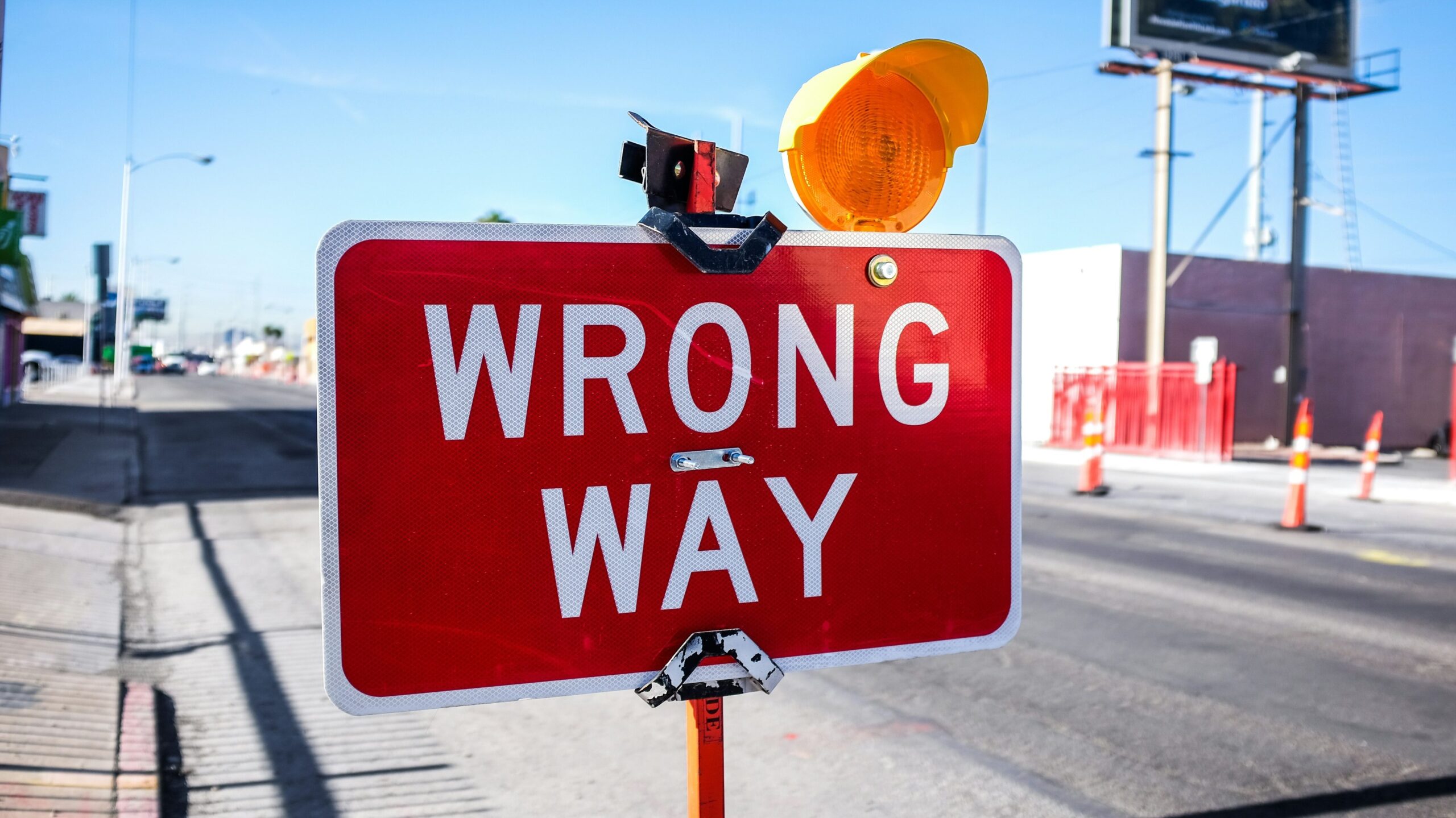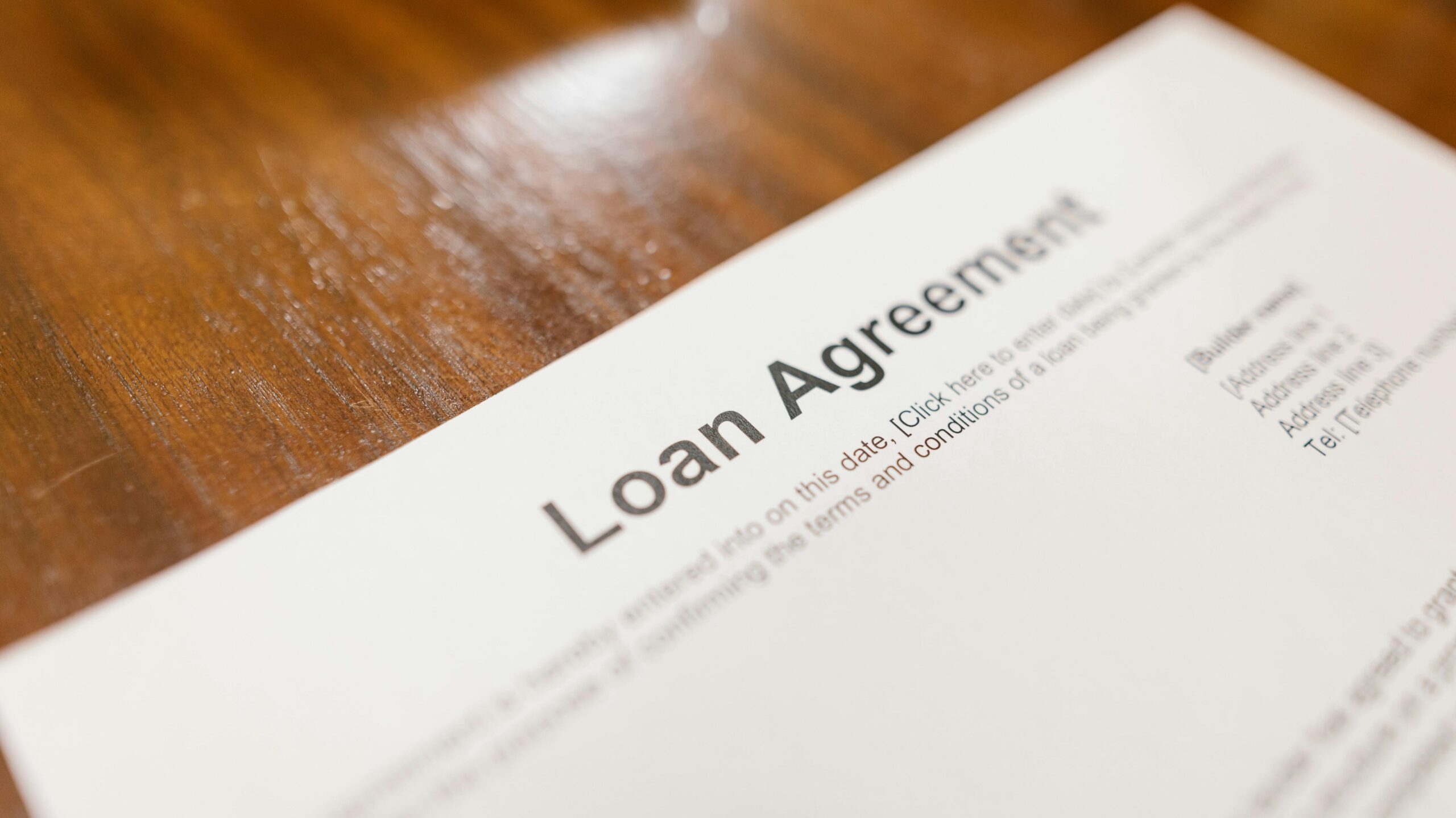
For company directors, understanding wrongful trading is crucial when a business faces financial distress. If a company continues trading while insolvent, directors risk personal liability, financial penalties, and even disqualification.
At Aurora Recovery, we guide directors through insolvency challenges and help them make informed decisions to avoid wrongful trading allegations.
What Is Wrongful Trading?
Under the Insolvency Act 1986, wrongful trading occurs when:
✔ A company continues trading while insolvent, increasing creditor losses.
✔ A director knew (or should have known) the company had no reasonable chance of avoiding insolvency.
✔ The director did not take steps to minimise creditor losses.
Wrongful trading differs from fraudulent trading, which involves intentional deception. Wrongful trading applies even if a director had no dishonest intent—it is based on failing to act responsibly.
How Do I Know If My Company Is Insolvent?
A company is likely insolvent if:
❌ It cannot pay debts as they fall due (e.g., missed loan repayments, unpaid invoices).
❌ Its liabilities exceed its assets on the balance sheet.
❌ It receives legal action from creditors, such as a winding-up petition.
If any of these apply, seek professional advice immediately to avoid wrongful trading risks.
What Are the Consequences of Wrongful Trading?
If a court finds a director guilty of wrongful trading, the consequences can be severe:
⚠ Personal Liability – Directors may be ordered to personally repay company debts, putting personal assets at risk.
⚠ Director Disqualification – A director can be banned from running a company for up to 15 years.
⚠ Legal Action from Creditors – Creditors may take legal action to recover unpaid debts.
The longer a director allows an insolvent company to trade, the higher the risk of legal consequences.
How Can I Protect Myself as a Director?
To avoid wrongful trading accusations, follow these steps:
✔ Seek Professional Advice Early
At the first signs of financial trouble, consult an insolvency expert. Taking action early shows you acted responsibly.
✔ Monitor Company Finances Closely
Regularly review cash flow, liabilities, and financial forecasts. If insolvency is likely, act immediately.
✔ Keep Detailed Records
Maintain accurate financial records, board meeting minutes, and creditor communications. This proves you acted responsibly.
✔ Avoid Taking on More Debt
If insolvency is imminent, do not increase company debt or make selective payments to certain creditors.
✔ Act in Creditors’ Best Interests
Once insolvency is clear, prioritise minimising losses for creditors—not the company’s survival.
✔ Consider a Formal Insolvency Process
Options such as a Company Voluntary Arrangement (CVA) or Creditors’ Voluntary Liquidation (CVL) may help directors avoid wrongful trading risks.
Need Advice? Contact Aurora Recovery Today
If your business is struggling and you’re concerned about wrongful trading, Aurora Recovery can help. Our expert team provides confidential guidance to protect directors from personal liability.
📞 Call us: 01134 800 397
📧 Email us: hello@aurorarecovery.co.uk
🌐 Visit our website: https://aurorarecovery.co.uk
Don’t wait until it’s too late—take action today to safeguard your future.
Contact us now to see how we can help you: https://aurorarecovery.co.uk/contact/
Read more about wrongful trading on The Gazette’s website here: https://www.thegazette.co.uk/insolvency/content/103804


